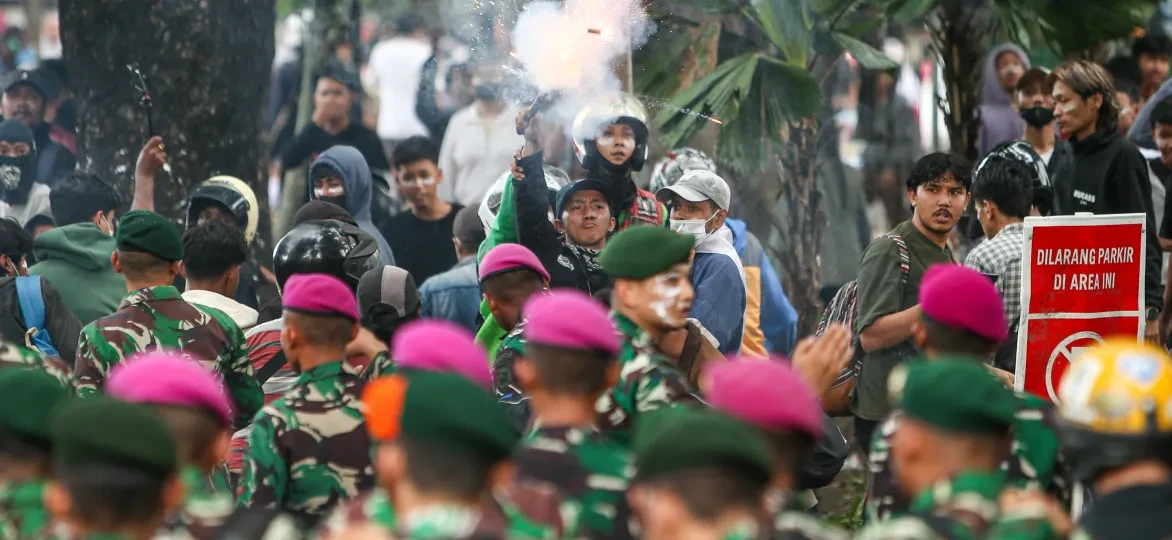Indonesia criminalizes sex outside marriage: civil society fears more repression
07 Dec 2022
3 minutes
Indonesia passed a new law banning extramarital sex, including for tourists. But that's not all. Fatia Maulidiyanti of 11.11.11-partner KontraS expresses her concern: “In the press, there is a lot of focus on criminalizing extramarital sex, but there is much more going on. The future of democracy is at stake.”
On December 6, Indonesia passed a new Penal Code. What was supposed to be a modernization of the old criminal code is now a legislation in which human rights are hard to find.
For decades, Indonesian policymakers have been discussing the new code, which still partly stems from the colonial past. A first version was on the table in 2019, but a street protest by students and human rights activists prevented the vote. The end result differs slightly from the first version, but under pressure from conservative Islamists and authoritarian politicians, many controversial bills up. Again, there were fierce protests, but mainly online. A real mobilization failed to materialize.
Adultery and insulting the president will be punishable
The new criminal law will come into effect within three years. From then on, both residents and foreigners throughout Indonesia will be at risk one year in prison for sex outside marriage. However, only close relatives, such as a parent, child or spouse, have the right to report that person. Furthermore, also contraception and insulting the president and other persons in authority are punishable. Just like cohabitation outside marriage and adultery. These latest rules make the LGBTQI+ community particularly vulnerable, as there is no possibility for them to marry. The laws against blasphemy are becoming even stricter and the right to demonstrate is also being restricted. In addition, there is also the recognition of local 'customary law', which means that, for example, indigenous peoples can implement their own rights. This opens the door for, for example, religious groups or conservative leaders to issue stricter religious laws in their municipality or district. This could potentially lead to even more Sharia laws.
In the press, much focus is placed on criminalizing extramarital sex, but there is much more to it. The future of democracy is at stake.
Broad social debate failed to materialise
Instead of the promised broad social discussion, twelve 'socialization meetings' were held in the past three years in a country with 275 million inhabitants. Where citizens normally have a say in such meetings, here they were informed about the new legislation. "A joke", according to Fatia. "The result of that 'speech' was that five provisions were deleted. Not the one about the right to demonstrate, the death penalty or blasphemy, but the one about poultry walking on other people's property. We made our voices heard, but it was clear from the start that our say is limited. Yet we continue to fight for a revision, we do not give up. There is now an online campaign 'gagged', in which we call on people to post a photo with their hand in front of their mouth.”
It is not the first time that civil society has complained bitterly about controversial changes in the law that restrict individual freedoms and basic rights. The activists are also receiving support of the UN Rapporteur of the right to association, Clément Voule. In a tweet he calls on the Indonesian parliament to amend all articles that violate human rights.




